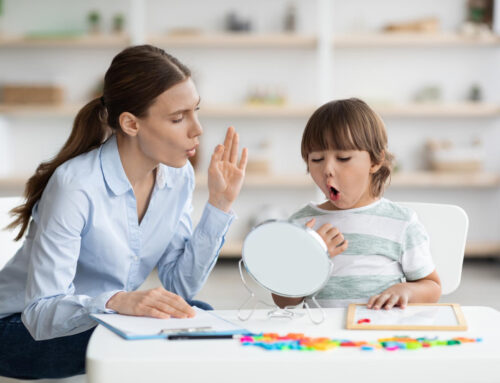
-
- First off, this article isn’t necessarily a platform for bashing smartphones. Advanced technology that fits in your pocket provides several daily benefits: immediate access to familial and work-related contacts as well as emergency assistance, calendar apps to map out your day and your children’s day, educational resources from the internet, email and digitalized documents, GPS systems to get your family to important events, camera and video features to record those special moments, and the list goes on.Now let’s talk about all of the good things that can take a turn for the worst if used in excess: camera use and endless selfie takes, Facebook, Instagram, Twitter, texting, Face Warp, gaming, and pretty much everything else that a smartphone provides. This includes anything on a smartphone that increases screen time to an unhealthy level, which simply means that the person is distracted from real life and is unable to complete necessary daily living tasks away from their phone. We will not be delving into the details about what happens to a child’s mind when you put them on your smartphone for several hours at a time. That’s a discussion for another day. In this article, we’ll be focusing on what happens to children when their parents can cut their own screen time down.
Myruski et al. (2017) made a connection between mothers’ cell phone use and infants’ socio-emotional development. Fifty infants, along with their mothers participated in the study. Mothers were asked to complete two questionnaires regarding daily cellphone use in front of their family and their infant’s behavior during the day. Researchers found that increased cellphone use in the presence of an infant drastically reduced a child’s desire to explore their own environment and increased negative interactions (i.e., negative facial expression, angry vocalizations and protests, etc.) towards the mother.
McDaniel and Radesky (2017) investigated how several forms of technology use impact a child’s behavior, including smartphone use. Authors specifically analyzed a phenomenon termed, “technoference”. It refers to the small day-to-day intrusions of a cellular or computer device. Technoference was originally coined by a professor from Brigham Young University named Sarah Coyne. In her studies, she assessed how increased cellphone use negatively impacts the relationship between partners (i.e., more fights, reduced satisfaction, and depression). Authors found that technoference can cause similar negative reactions in children, leading to difficult behavioral problems.
Research regarding smartphone use around children is still very new, and there is so much to be learned about its long-term impact on child development. For now, many studies out there are telling parents the same thing: play it safe and get off your phone while with your child. Smartphone use is so easy to fall for, especially when carrying for young ones who you think aren’t really paying attention to you. Increased smartphone use leads to mental and emotional distance while being physically present. If your friends and adult family members get frustrated because of how much of your attention gets sucked away by technology, then expect your children to do the same. Except in children, expect more screaming and poor behavior that will grab your attention more than a passive-aggressive verbal jab.
Parents are not meant to be just “around” in order to help a child properly develop, to participate in healthy activities, and to succeed at life. Parents who are not distracted by device use are socially and emotionally available for their child during the moments that count: the times when you should be cheering for their accomplishments, the times when someone or something hurts them, the times when they get into trouble and need help repairing the damage, and the times when they simply want to talk to or play you because you are the single-most important person in their life. Put down the smartphone when you are with your child!
References:
Sarah Myruski, S. Gulyayeva, Birk, S., Pérez-Edgar, K., Buss, K. A.,Dennis-Tiwary, T. A. (2017). Digital disruption? Maternal mobile device use is related to infant social-emotional functioning. Wiley Developmental Science, DOI: 10.1111/desc.12610.
McDaniel, B.T. & Radesky, J.S. (2017). Technoference: Parent Distraction with Technology and Associations with Child Behavior Problems. Child Development, 89(1). https://doi.org/10.1111/cdev.12822.
- First off, this article isn’t necessarily a platform for bashing smartphones. Advanced technology that fits in your pocket provides several daily benefits: immediate access to familial and work-related contacts as well as emergency assistance, calendar apps to map out your day and your children’s day, educational resources from the internet, email and digitalized documents, GPS systems to get your family to important events, camera and video features to record those special moments, and the list goes on.Now let’s talk about all of the good things that can take a turn for the worst if used in excess: camera use and endless selfie takes, Facebook, Instagram, Twitter, texting, Face Warp, gaming, and pretty much everything else that a smartphone provides. This includes anything on a smartphone that increases screen time to an unhealthy level, which simply means that the person is distracted from real life and is unable to complete necessary daily living tasks away from their phone. We will not be delving into the details about what happens to a child’s mind when you put them on your smartphone for several hours at a time. That’s a discussion for another day. In this article, we’ll be focusing on what happens to children when their parents can cut their own screen time down.





